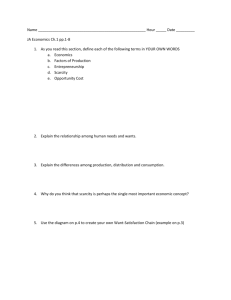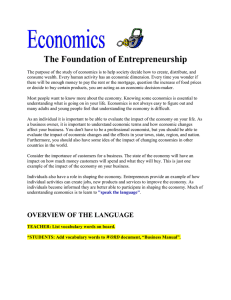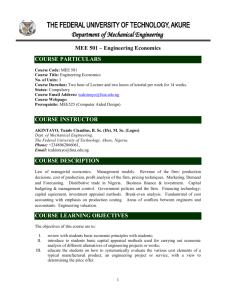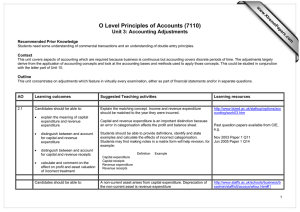Finance - Discover Halstead
advertisement
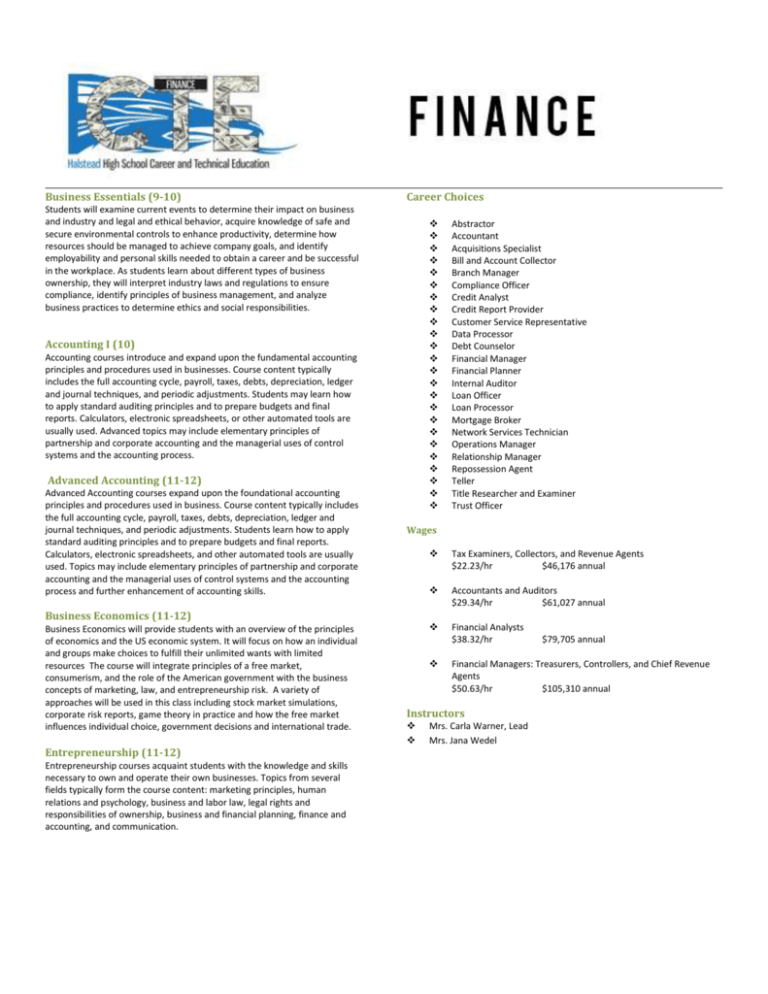
Business Essentials (9-10) Career Choices Students will examine current events to determine their impact on business and industry and legal and ethical behavior, acquire knowledge of safe and secure environmental controls to enhance productivity, determine how resources should be managed to achieve company goals, and identify employability and personal skills needed to obtain a career and be successful in the workplace. As students learn about different types of business ownership, they will interpret industry laws and regulations to ensure compliance, identify principles of business management, and analyze business practices to determine ethics and social responsibilities. Accounting I (10) Accounting courses introduce and expand upon the fundamental accounting principles and procedures used in businesses. Course content typically includes the full accounting cycle, payroll, taxes, debts, depreciation, ledger and journal techniques, and periodic adjustments. Students may learn how to apply standard auditing principles and to prepare budgets and final reports. Calculators, electronic spreadsheets, or other automated tools are usually used. Advanced topics may include elementary principles of partnership and corporate accounting and the managerial uses of control systems and the accounting process. Advanced Accounting (11-12) Advanced Accounting courses expand upon the foundational accounting principles and procedures used in business. Course content typically includes the full accounting cycle, payroll, taxes, debts, depreciation, ledger and journal techniques, and periodic adjustments. Students learn how to apply standard auditing principles and to prepare budgets and final reports. Calculators, electronic spreadsheets, and other automated tools are usually used. Topics may include elementary principles of partnership and corporate accounting and the managerial uses of control systems and the accounting process and further enhancement of accounting skills. Wages Business Economics (11-12) Business Economics will provide students with an overview of the principles of economics and the US economic system. It will focus on how an individual and groups make choices to fulfill their unlimited wants with limited resources The course will integrate principles of a free market, consumerism, and the role of the American government with the business concepts of marketing, law, and entrepreneurship risk. A variety of approaches will be used in this class including stock market simulations, corporate risk reports, game theory in practice and how the free market influences individual choice, government decisions and international trade. Entrepreneurship (11-12) Entrepreneurship courses acquaint students with the knowledge and skills necessary to own and operate their own businesses. Topics from several fields typically form the course content: marketing principles, human relations and psychology, business and labor law, legal rights and responsibilities of ownership, business and financial planning, finance and accounting, and communication. Abstractor Accountant Acquisitions Specialist Bill and Account Collector Branch Manager Compliance Officer Credit Analyst Credit Report Provider Customer Service Representative Data Processor Debt Counselor Financial Manager Financial Planner Internal Auditor Loan Officer Loan Processor Mortgage Broker Network Services Technician Operations Manager Relationship Manager Repossession Agent Teller Title Researcher and Examiner Trust Officer Tax Examiners, Collectors, and Revenue Agents $22.23/hr $46,176 annual Accountants and Auditors $29.34/hr $61,027 annual Financial Analysts $38.32/hr Financial Managers: Treasurers, Controllers, and Chief Revenue Agents $50.63/hr $105,310 annual Instructors $79,705 annual Mrs. Carla Warner, Lead Mrs. Jana Wedel



